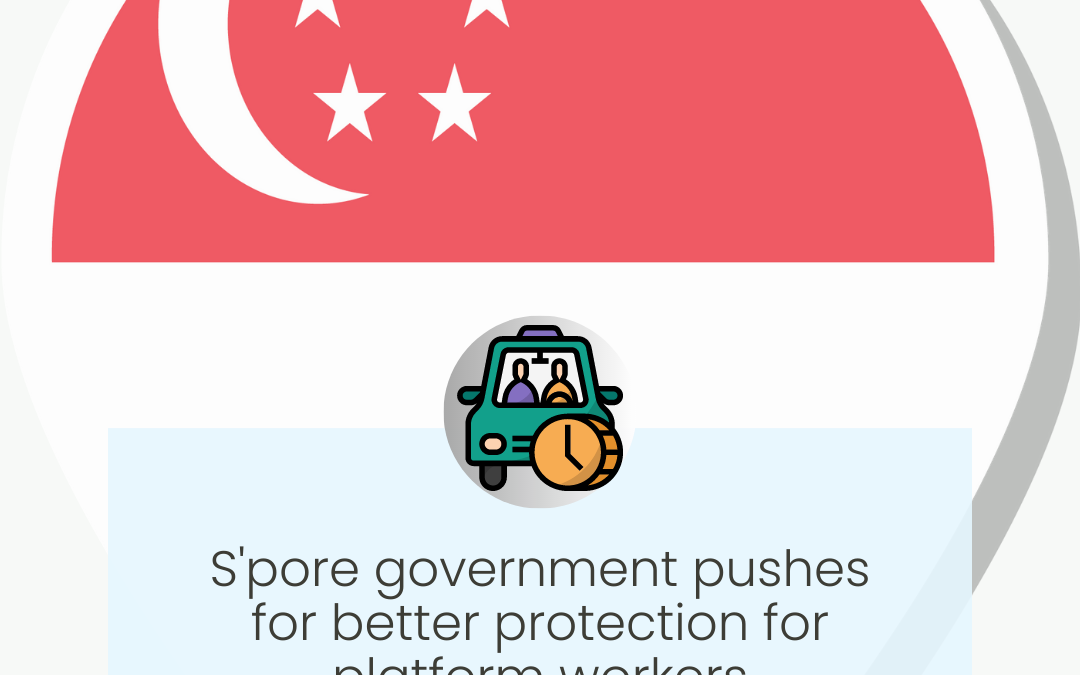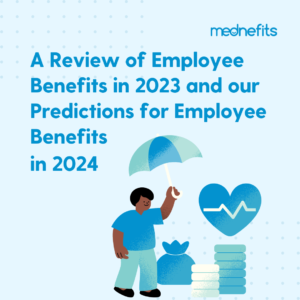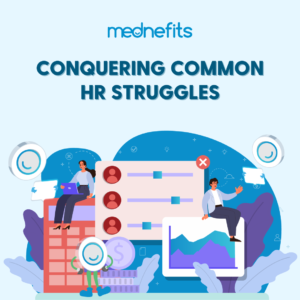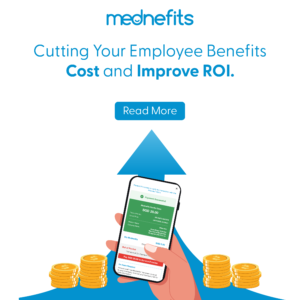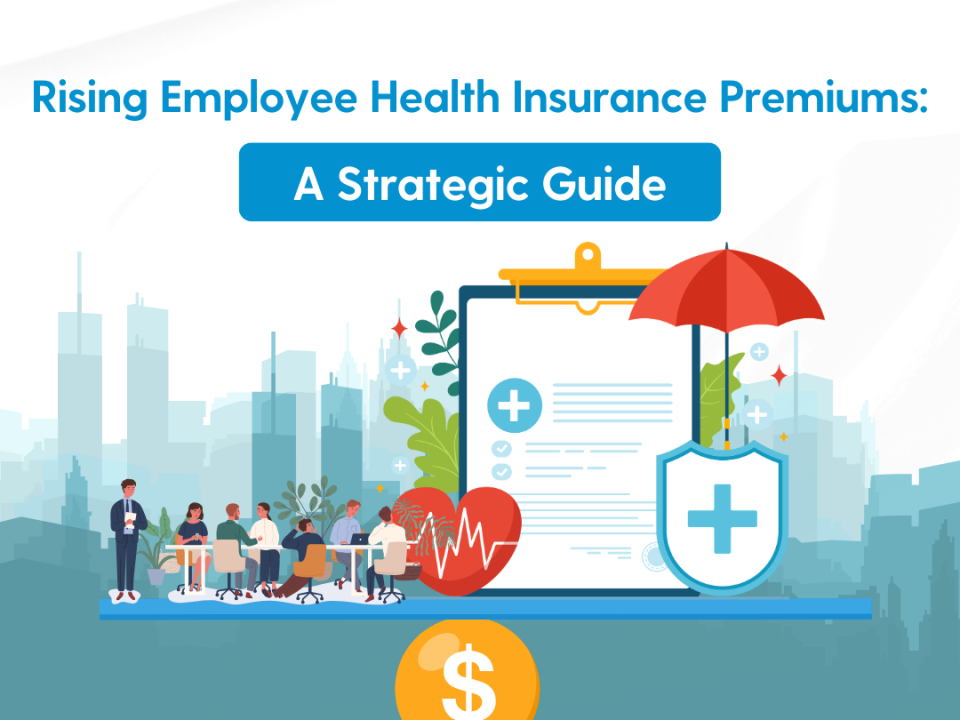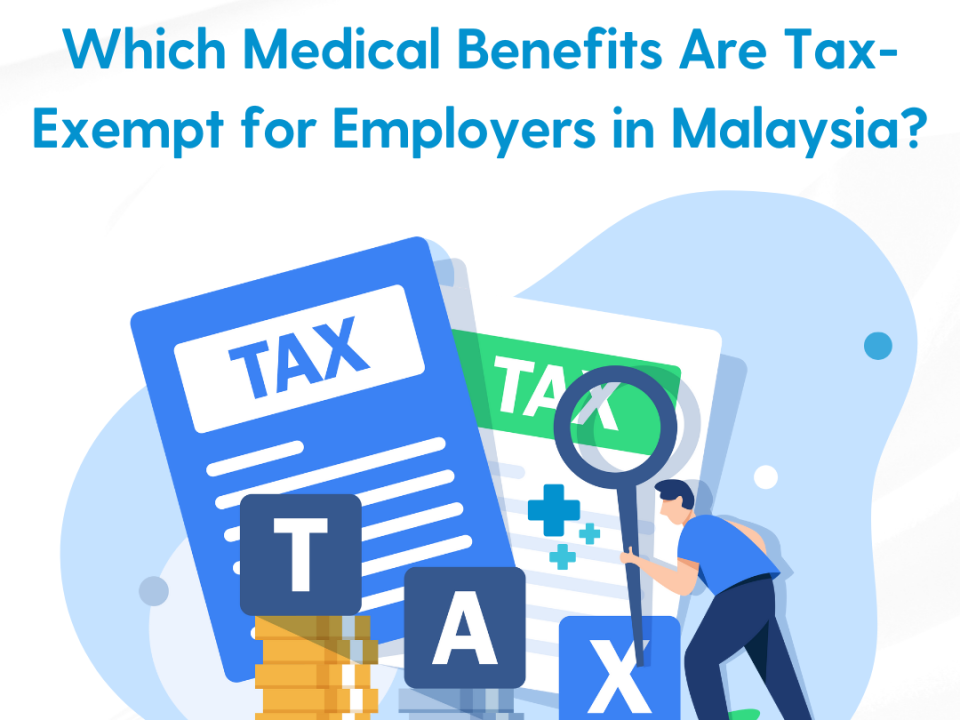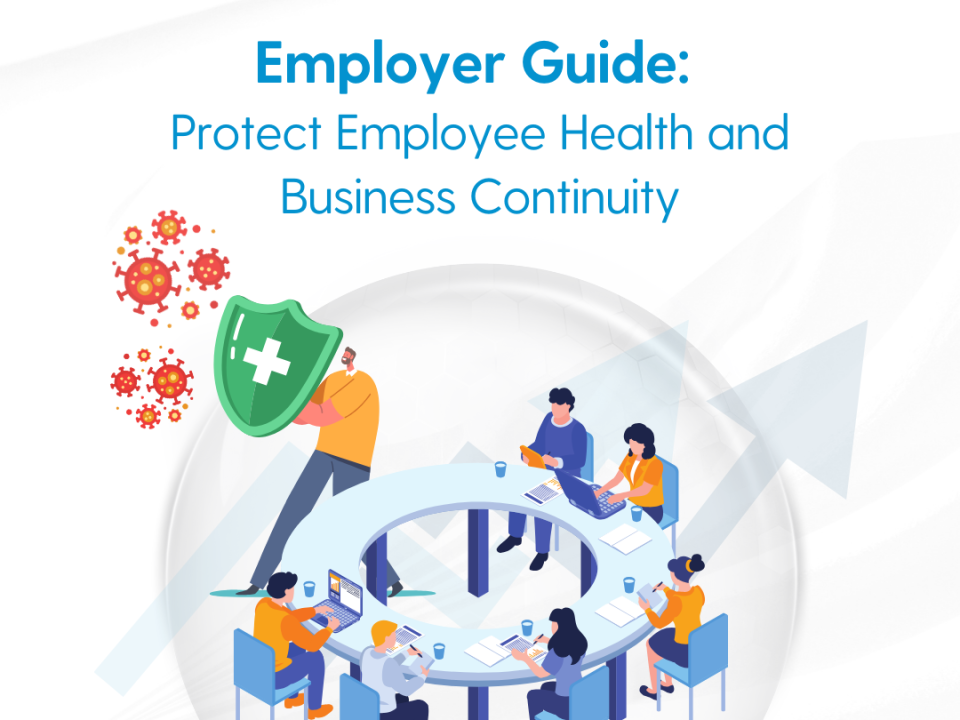
The ultimate guide to different types of flexible employee benefit plans
April 21, 2023
Human Inc: Using employee benefit to remain attractive to the younger talent force
August 5, 2023How can businesses in Singapore ensure holistic employee benefit for gig workers
Employee Benefits
How can businesses in Singapore ensure holistic employee benefit for gig workers
April 26, 2023
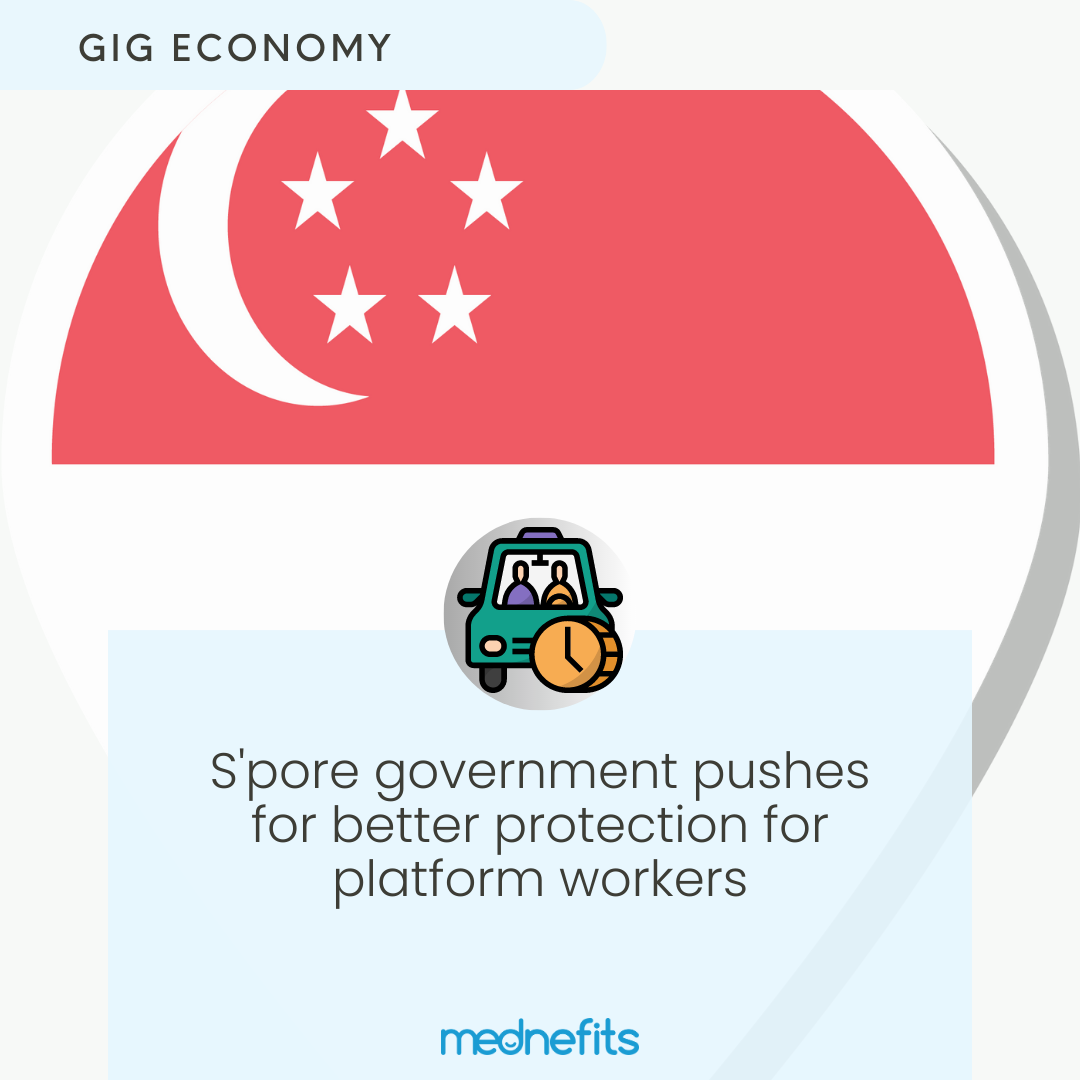
The gig economy has become a major part of the modern workforce, providing flexibility and independence for individuals to work on their own terms. In Singapore, the gig economy has seen tremendous growth, with more and more individuals opting for freelance work rather than traditional employment. However, one of the major concerns in this thriving space is the lack of employee benefits provided to gig workers. With no fixed employer and unprotected by the Ministry of Manpower, gig economy workers are often left without any form of benefits such as health insurance, paid leave, or retirement plans.
Are gig workers disadvantaged?
As reported by the Ministry of Manpower, approximately 10 per cent of employed residents are gig workers in Singapore. It is undoubtedly that Singapore is witnessing significant growth in the gig economy in recent years due to the flexibility, autonomy and chance to work on their own terms when working as a gig worker. However, there’s a growing concern that gig workers are disadvantaged and may not be receiving the same employee benefit or protections as traditional employees.
Comparison between employee benefits received as a gig worker and a traditional employee
| Gig Workers | Traditional Employees |
|---|---|
| Will not be penalised if they wish to work more than 50 hours per week. | Strictly regulated working hours per week whereby a regular employee is not allowed to work more than 44 hours per 5-day week. |
| Are not entitled to paid leaves or public holidays. | Have the right to take a certain amount of leaves per year (typically 14 working days) and are entitled to rest on public holidays. |
| Do not contribute to the national pension fund otherwise known as the Central Provident Fund. | Singaporean employees receive a 17% CPF contribution. |
| They are liable for their own health and safety. | Most traditional employees are at least covered by a workman’s compensation. |
Recent proposed changes by the Ministry of Manpower
The lack of medical coverage for gig workers is amongst one of the most concerning disadvantages. With 16.1% of food delivery workers being in an accident that required medical treatment, the local government should consider legislative changes to protect the rights to ensure fair treatment for these gig workers.
As such, the Advisory Committee on Platform Workers/Gig Workers, convened by Singapore’s Ministry of Manpower, announced the proposal for legislative changes that will be implemented in late 2024. The proposed changes call for improved compensation for workplace injuries and a consistent contribution towards the Central Provident Fund (CPF) amongst gig workers.
Summary of key recommendations by the Advisory Committee on Platform Workers include:
- Adequate financial protection is given to platform workers when injured at work
- Platform companies should provide the same scope and level of protection for work injury compensation entitled by employees in accordance with the Work Injury Compensation Act 2019 (WICA)
- Improve framework for platform worker’s protection
- Improve housing and retirement adequacy among platform workers by collecting CPF contributions from platform workers and companies
- Enhanced representation for platform workers such as setting up a new Tripartite Workgroup on Representation for Platform Workers
Nonetheless, gig workers are still not considered traditional full-time employees and hence, are not entitled to paid leave or other benefits.
The role of private companies in the gig economy
Private companies play a significant role in the gig economy, as they provide platforms that connect workers to customers. These companies are known for driving innovation and creating new opportunities for workers to earn money on their own terms. However, as the working economy gravitates towards greater inclusivity with the inclusion of gig workers, the fact that they are still not considered full-time regular workers means they lack opportunities to be daily compensated and receive employee benefits or protections typically offered to regular employees.
With the local government's limited ability to help every single gig worker, private companies should consider taking a larger role in ensuring gig workers are not hugely disadvantaged, to remain competitive when attracting and retaining gig workers.
The need for a cost-effective and efficient benefit management solution/strategy
Though private companies are embracing and looking for the best strategy to implement and manage employee benefit for gig workers, it presents a unique set of challenges that companies must navigate through. The lack of a traditional employer-employee relationship, due to the highly independent nature of gig workers, makes it difficult for companies to determine the type, amount and most importantly, how to remotely manage employee benefit. Furthermore, with gig workers typically working for multiple employers, it makes it even more challenging for companies to provide a cost-effective yet comprehensive benefits package. As such, private companies are seeking a solution that offers remote employee benefit management, and comprehensive yet cost-effective employee benefits.
- Implement a flexible-benefit model
- Leveraging technology for better employee benefit management
The implementation of a flexible benefit model presents a viable solution to surmount the challenges associated with gig workers. This approach provides employers with the opportunity to deliver a variety of benefits that are highly customisable to the specific needs of each gig worker. For instance, an employer could provide gig workers with a list of benefits offered from GP outpatient benefits to retirement plans to paid time off, and gig workers will be allowed to choose which benefits align with their lifestyle. This way, employers can provide or partially subsidise benefits that not only cater to the needs of their gig workers but do so without incurring exorbitant expenses.
The unconventional employer-employee relationship and independent and remote working style of gig workers requires the need for employee benefit to be managed remotely. The leveraging of technologies such as employee benefit software and mobile applications allows employers to offer a more streamlined and efficient management system. Employee benefit software provides employees with a centralised platform for accessing and managing their benefits where they can track benefit usage or make changes to their benefit elections.
For employers, employee benefit software provides them with valuable information and data on employee engagement with benefits, allowing for data-driven decisions to be made for future benefit design and planning. The employee benefit application, on the other hand, provides employees with on-the-go access to information on employee benefits, as well as tools for managing and using their benefits including claims processing, cashless payments and more. Employers will also have access to real-time information on the usage of these benefits and a platform to communicate with their employees, increasing employee engagement and satisfaction.
The most effective way to implement employee benefits for gig workers in Singapore
Nonetheless, the gig economy has been booming in Singapore, and with it, the demand for gig workers’ rights and benefits. While some companies do provide health insurance, retirement benefits, and other employee benefits to gig workers, many still do not. It is essential to acknowledge the contributions of gig workers to the economy and ensure that they are adequately protected and provided with opportunities for growth. As the gig economy continues to evolve, it is crucial to work towards developing a comprehensive framework that protects not only the rights and benefits of gig workers but also their employers, ensuring that no one is left behind in the ever-changing landscape of work.
Hence, instead of choosing between using a flexible benefits approach or leveraging technology when implementing employee benefit, the most effective method would be to choose both. Mednefits offers a fully customisable employee benefit management platform that allows companies to adopt the flexible benefit model while having an automated, affordable and accessible employee benefit platform.
Are you interested in working with Mednefits to offer employee benefits to your employees? Contact our benefits specialist today!
About Mednefits:
Mednefits helps businesses take care of their employees with its automated, affordable, and accessible employee benefits platform.
Request to join Mednefits for free to help process and track claims in real-time, while controlling costs.
